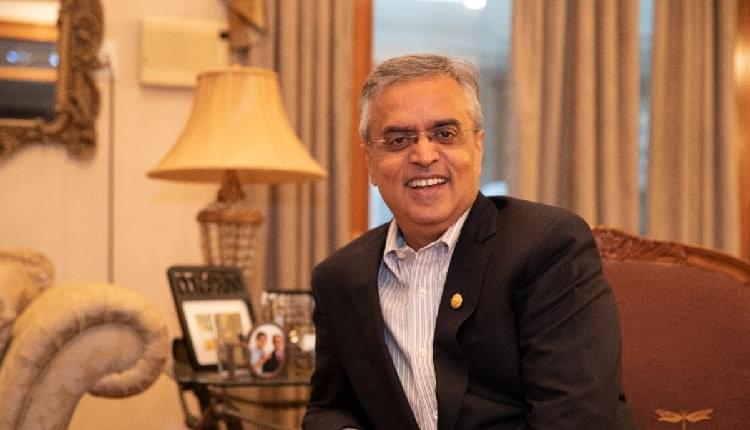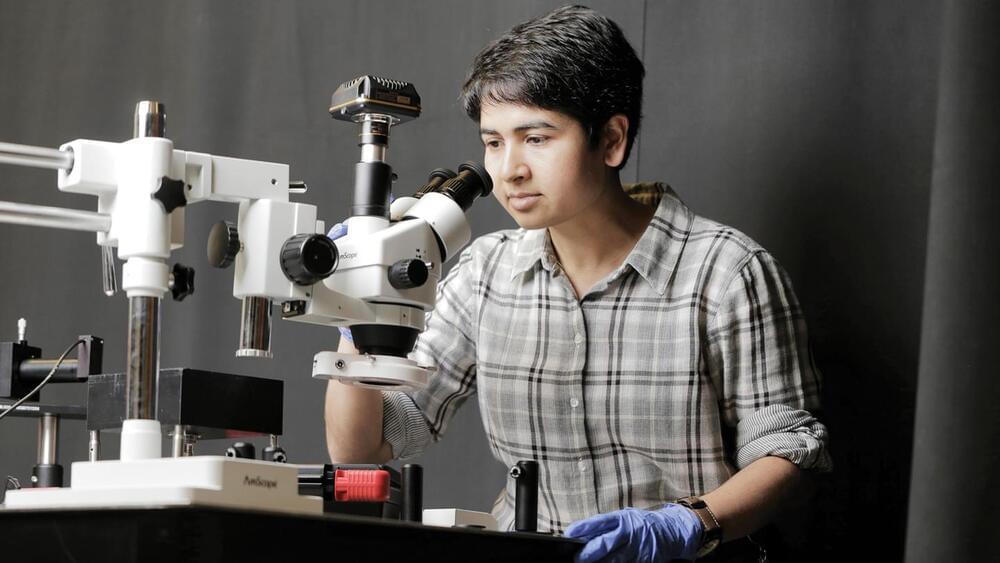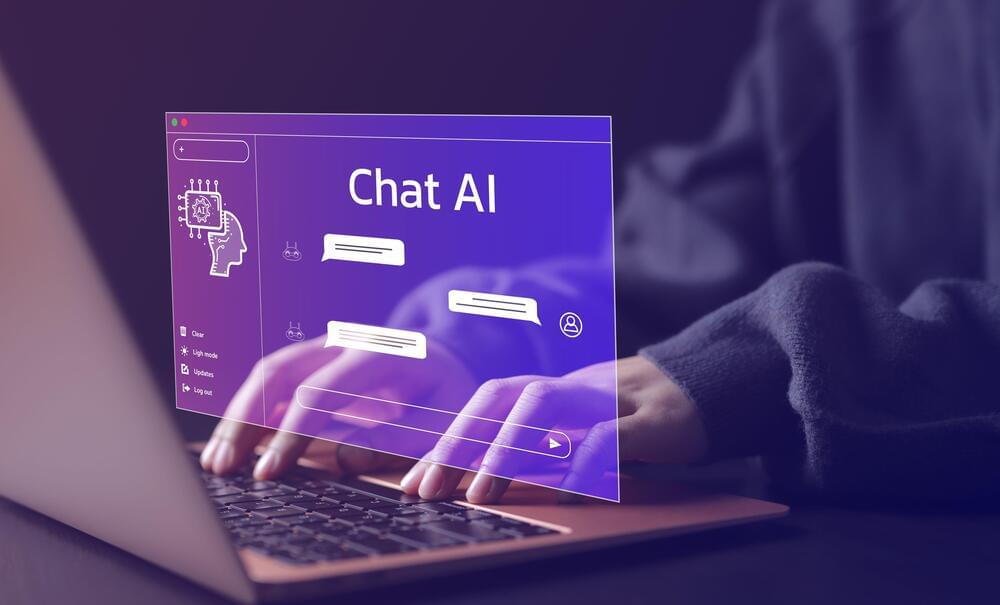A profile of the billionaire claims he hopes to use data harvested from Twitter users and Tesla’s Full Self-Driving Cameras to train a powerful new AI model.



Every few years comes a disruptive technology that catalyzes the development stages of not just companies but also society as a whole. Generative AI may not be as big as the invention of the internet but it is a foundational block to create a new digital transformation aided by AI.
The reason why Generative AI is one of the most exciting chapters in this journey of transformation is because the technology comes very close to imitating human quality of output. It sparks a very controversial debate about its advantages and disadvantages, especially in a country like ours with a large disposition to lose in terms of jobs that can be replaced by AI. But let’s look at our own journey of digital transformation closely. India has always charted a strong developmental course in terms of the tech industry with robust manpower, unmatched pricing, and a very dynamic workforce that has placed our country sixth in terms of AI investments between 2013–2022. Here, we do have to be mindful that our journey as a country for any disruptive technology may look completely different than others.

The ability to cure all disease slowly comes in view. ANI into Agi into ASI needs to be primary focus. Followed by genetics research, and lastly an extreme focus on Medical Nanobots. ASI will of cured most diseases by 2035–2040.
Fleets of advanced versions may one day be able to detect disease and then go about surgically treating it — without ever opening the skull.

Imagine talking to einstein or Stephen Hawking 😗😁.
Head over to our on-demand library to view sessions from VB Transform 2023. Register Here
My favorite episode of the hit sci-fi/horror TV series Black Mirror is “Be Right Back,” which premiered 10 years ago now, and captured the alienating experience of a woman cloning her dead ex-boyfriend by using a service that analyzed his social media posts and texts to recreate his personality.
The episode seemed fantastical but just on the edge of plausible at the time in 2013 — after all, many of us were already leaving extensive digital communications trails back then with our smartphones and computers.

The AI revolution is here — and one pioneer of the technology says it will be accessible to all in the upcoming years.
Mustafa Suleyman, the co-founder of DeepMind, Google’s AI division, told CNBC during an interview that everybody is going to have their own AI-powered personal assistants within the next five years as the technology becomes cheaper and more widespread.
In particular, Suleyman, now the CEO of Inflection AI, the tech startup behind an AI chatbot called Pi, said that everybody will have access to an AI that “knows you,” is “super smart,” and “understands your personal history.”

Many people think of generative AI as a tool that allows them to use their own words to ask questions or generate copy and images—both of which it does remarkably well. However, it also has incredible potential to transform our personal and professional work—helping us access, consume, and utilize the untapped information that floods our inboxes and languishes in archives.
Adobe recently conducted research on digital workers’ perceptions of AI technologies, as well as their value in the workplace. We surveyed 6,049 digital workers across five countries—the U.S., UK, Australia, India, and Japan—including both rank-and-file employees and senior leaders who are using digital technologies (including digital documents) in their workplaces. The findings reveal their perceptions and aspirations around how AI can change the way we work. Following are the top three insights from the research:

Google Deepmind will soon begin researching autonomous language agents such as Auto-GPT, potentially boosting the viable applications of LLMs such as Gemini.
Google DeepMind is looking for researchers and engineers to help build increasingly autonomous language agents, Edward Grefenstette, director of research at Google DeepMind, announced at X.
Such AI agents already exist in early stages, with Auto-GPT being one of the earliest examples. The basic idea is to create a system that autonomously achieves a given goal using a mix of prompt engineering, self-prompting, memory, and other system parts. While such agents are already showing promising results, they are still far from being able to achieve good results on their own and usually require human feedback and decision-making.


The pharmaceutical industry operates under one of the highest failure rates of any business sector. The success rate for drug candidates entering capital Phase 1 trials—the earliest type of clinical testing, which can take 6 to 7 years —is anywhere between 9% and 12%, depending on the year, with costs to bring a drug from discovery to market ranging from $1.5 billion to $2.5 billion, according to Science.
To check out any of the lectures available from Great Courses Plus go to http://ow.ly/dweH302dILJ
We’ll soon be capable of building self-replicating robots. This will not only change humanity’s future but reshape the galaxy as we know it.
Get your own Space Time tshirt at http://bit.ly/1QlzoBi.
Tweet at us! @pbsspacetime.
Facebook: facebook.com/pbsspacetime.
Email us! pbsspacetime [at] gmail [dot] com.
Comment on Reddit: http://www.reddit.com/r/pbsspacetime.
Support us on Patreon! http://www.patreon.com/pbsspacetime.
Help translate our videos! https://www.youtube.com/timedtext_cs_panel?tab=2&c=UC7_gcs09iThXybpVgjHZ_7g.
Previous Episode — Is there a 5th Fundamental Force.
https://www.youtube.com/watch?v=MuvwcsfXIIo.
Should we Build a Dyson Sphere?